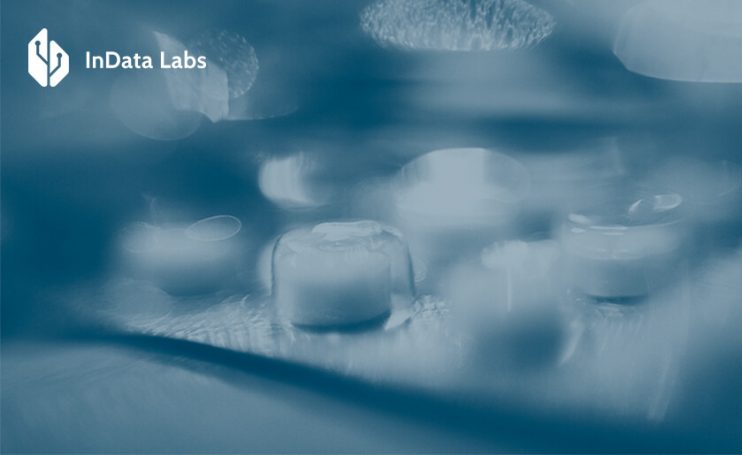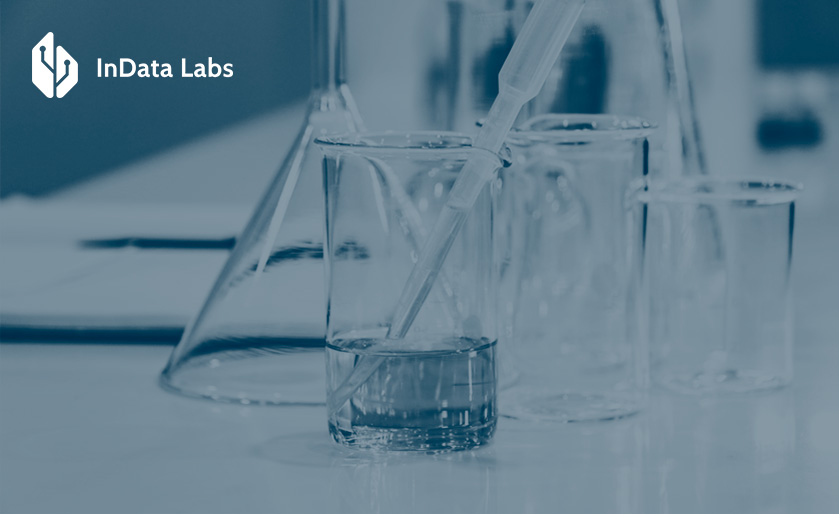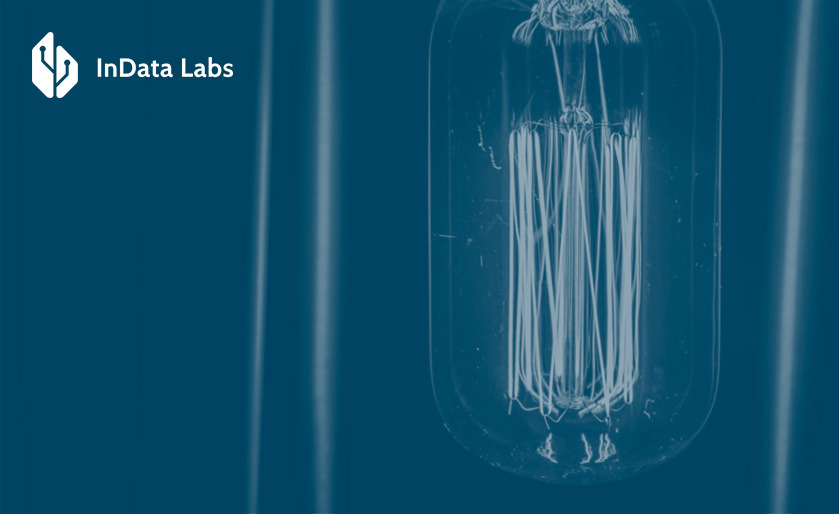Digitalization has generated an unprecedented amount of data for pharmaceutical companies. But to make the most of it, companies need a surefire tool with robust processing abilities – predictive analytics in pharma. Pharmaceutical analytics is already revolutionizing drug discovery and development. It also accounts for other application areas, like manufacturing and research.
Today, we’ll have a look at the current state of predictive analytics in the pharmaceutical industry. We’ll also go over the main use cases and benefits of data analysis in the industry.
What is predictive analytics in pharma?
As such, predictive analytics is a set of methods for analyzing data for further forecasting. It relies on past events to forecast the optimum course of action that will benefit the business. In simple words, it’s like having a time machine that can travel to the future. Pharma analysis applies the same machine learning process of using data to make predictions about future outcomes. Thus, data scientists use Big data for developing analytical algorithms.

The more analytical tools you have, the more effectively you can make use of incoming data. This further leads to increased business intelligence and higher profits. That is why a growing number of pharma companies are leveraging the expertise of predictive analytics companies.
Pharmaceutical data: the key to disruption
Pharmaceutical companies have always counted on empirical data. The latter is used to assist them in identifying patterns, testing theories, and measuring the efficacy of treatments. Big data for development amplified the “data-to-insights” cycle with more information.
The latest report has revealed that AI and Big data will continue to disrupt the medical sector. Thus, over 25% of companies will be using AI and big data to optimize drug discovery. Over 30% percent would rely on big data to streamline sales and marketing.
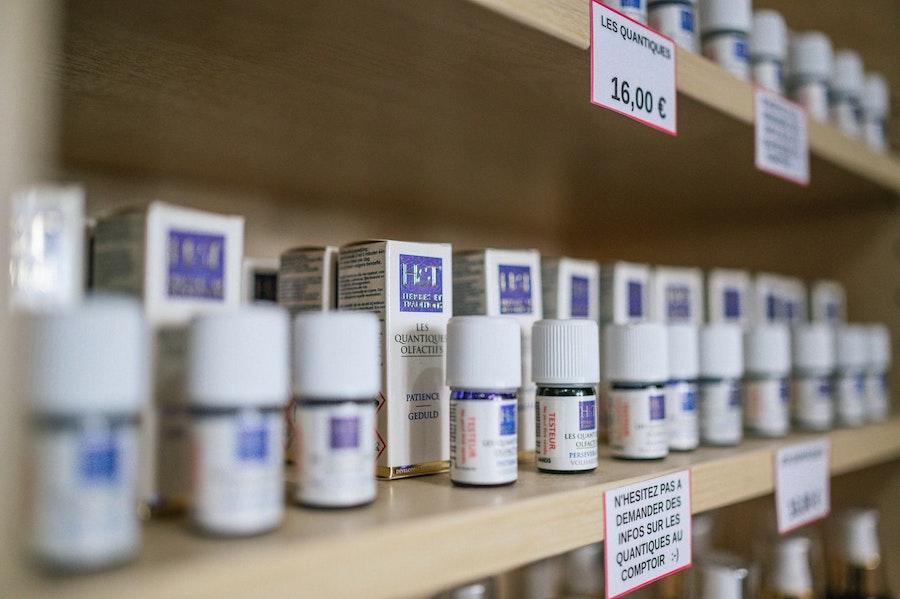
Source: Unsplash
No matter the incentive, pharma companies need a proper data analytics strategy. Otherwise, they can struggle with wrong forecasts, bad targeting, and unmotivating incentive compensation plans.
Challenges of pharma manufacturers in 2021
The last few years have crippled a countless number of global businesses. And it seems like pharma companies must have gained from the pandemic chaos. In reality, the mileage doesn’t vary.
Competitive landscape
In 2020, the U.S. market accounted for 48% of the global market. Emerging markets accounted for 21 percent, and Europe totaled 20%. While the industry is diverse, it is traditionally shared among pharmaceutical giants. However, entry by generic pharmaceuticals enhanced competition. As a result, several major pharmaceuticals are losing market exclusivity this year.
These patent cliffs escalate competition and open up new opportunities for smaller manufacturers.
Fraud risks
Healthcare fraud remains a major challenge for the industry. Unlawful kickbacks, off-label marketing, and drug-switching are just some of the mishandles. The misconduct amid the pandemic is even higher than usual. Thus, the US Government had already covered $8 billion of recoveries on the books.

Source: Unsplash
Limited clinical trials during the pandemic
COVID-19 has had negative repercussions on the continuance of clinical trials worldwide. In particular, lockdowns are hampering clinical trial research unless they’re related to vaccine discoveries.
In the United States, the biggest blows to clinical research came between March and May 2020. Also, the number of studies initiated in the United States last year climbed to only 57%. Other countries had it easier with 77% of the expected number of new studies. Nevertheless, the pandemic highlighted the need for a safer and more automated way of discovery.
Data breaches
Another challenge in pharmaceutical IT is cyberattacks.

The underlying reason for skyrocketing data breaches is the transition to digital. The latter is joined by the context of remote working and cloud-based systems. This created a breeding ground for cybercrime, giving hackers the means to step up their criminal activities.
Supply chain disruptions
The pandemic didn’t paralyze global pharmaceutical supply chains. However, it was the litmus test for numerous weaknesses in pharmaceutical logistics. Thus, supply chains in pharma couldn’t stand up to the sudden crisis. Unpredictable production schedules also wreaked havoc on logistics in pharma.
As a result, long manufacturing lead times and unpredictable demand led to drug shortages. Lack of visibility and transparency in the supply chain further aggravates the resilience of supply chains.
Now let’s see how predictive analytics in pharma can eliminate the main challenges faced by pharmaceutical companies.
Predictive analytics in pharmaceuticals: benefits
Analytical capabilities allow pharma companies to collect data and build models for transforming insights into impact at scale. But how exactly do analytical healthcare and pharma IT solutions benefit the industry? Let’s find out.
- Accelerate drug discovery and development. Manufacturers review previous test results, which allows them to discover new drugs faster.
- Reduce operational costs. Healthcare predictive analytics software allows for automated collection of patient data, health records, and clinical trial phases.
- Increase the efficiency of clinical trials. It accelerates clinical trials by estimating clinical outcome probability for better treatment decisions.
- Pre-empt equipment failure. Predictive maintenance tools identify anomalies and possible defects in asset operation. This information helps prevent equipment breakdowns and lays the ground for proactive maintenance.
- Minimize risk. Predictive analytics and machine learning inform manufacturers about possible challenges, obstacles, and limitations.

Source: Unsplash
Moreover, predictive analytics for pharma improves end-to-end visibility in supply chains. Analytical capabilities also help companies to identify security threats in a proactive manner. As we see, once adopted in full, healthcare and pharma IT solutions can eliminate or minimize the obstacles that haunt pharmaceutical companies.
Predictive analytics in pharmaceuticals: Top applications
The stagnant healthcare pipeline is one of the many aftermaths of the pandemic. However, the growing amount of data can cure the system. And now that the processing capability takes the form of predictive analytics, scientists and pharmaceutical companies can mend their weak points and be aware of future mishaps.

Now, let’s go over the main applications of pharma predictive analytics software.
Data-driven marketing strategy
Predictive analytics in pharma sales can have a positive impact on B2B lead and growth opportunities. For years, pharma companies have invested heavily in market research and marketing. The latter helps them understand various geographies and patient domains.
Predictive analytics in pharma marketing can automate market discovery and data processing for better marketing outcomes. It can look at different data tables to recommend the best medications. This case, the recommendations rely on the patient’s characteristics, test results, family history, and previous conditions.
Hence, personalization beats current generic textbook recommendations since it takes into account a patient’s allergies, medical history, and known reactions. Predictive analytics for business sales also help identify trends and patterns that pharma businesses may use to determine the demand for new products.
Personalized medicine
Big data and precision medicine go hand in hand. There, medical professionals use a combination of genomic data, medical records, lab tests to devise individualized treatment strategies.
Within this continuum, algorithms help capture unique genomics makeup. The latter helps accelerate the discovery of precision medicine. This, for instance, allowed researchers to find specific genetic biomarkers responsible for severe Covid-19.
In 2017, the University of Pennsylvania developed a predictive machine learning tool. The latter identified patients most likely to suffer from sepsis or septic shock almost 12 hours in advance. Clinical-decision support tools by CancerLinQ and the FDA have also successfully used genetic information and previous patient studies. This allowed the tools to predict patient response to various therapies.
Overall, smart algorithms can effectively sift through unstructured genomic data. This, in turn, can help pharma companies to spot patterns and create a more effective and personalized medication for their patients. Also, complex genome data analytics informs new decision tools for more accurate treatments.
Drug discovery
Drug discovery is another eminent case study of predictive analytics. As such, it is a time-consuming and resource-intensive process that might take years. Thus, bringing medication from discovery to commercialization can take 10 to 12 years. This includes research costs of more than €2 billion.
Algorithms, on the other hand, can relieve the load on the healthcare system. They have the potential to speed up and reduce the expense of research. They reduce the time to develop a new drug.
The AlphaFold algorithm by DeepMind is one of the eye-catching examples. It produces computational protein structure predictions associated with COVID-19. Without AI-based techniques, it would take a wide variety of protein visualization techniques and structural analysis. But the company bypasses these limitations by leveraging intelligent algorithms.
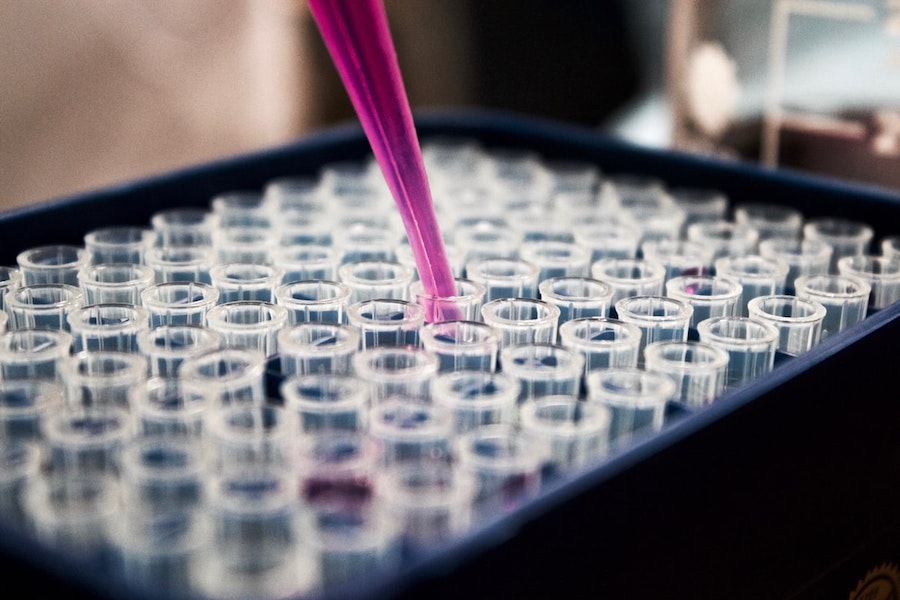
Source: Unsplash
Clinical trials
Also, pharma predictive analytics companies use AI predictions to improve the success rate of clinical studies. In particular, patient selection is one of the areas that can benefit from more accurate data processing.
Today, the selection criteria for clinical trials fall short to serve the patients’ best interests or that of research.

Adverse events can also be averted by analyzing real-world evidence sources like EHRs and claims data. Also, clinicians can predict clinical trial enrollment and dropout rates to optimize spending.
As we see, predictive analysis augurs well for the pharmaceutical industry. It can become a powerful asset for companies that portend better clinical outcomes. However, just like any tool, predictive analysis has to be assessed for efficiency. This step can literally make a difference between life and death. Therefore, model evaluation metrics are essential to evaluate how well the predictive model fits the data.
Bottom line
Pharmaceutical IT is changing the face of traditional pharma operations. With the growing amounts of patient data, companies need an effective way to make the most of it. Analytics can contextualize data and uncover relevant pharma patterns and trends. The latter lay the ground for successful clinical trials and faster drug development.
Pharmaceutical reps can also leverage analytics to come up with personalized offers and higher sales. Overall, data analysis can help pharma companies with better strategies, communication, and ways to meet the needs of end-users.
Improve performance and resilience for pharma companies with AI
Want to improve decision-making, enhance the efficiency of research and trials? Implement AI in your business processes to address the significant challenges.
